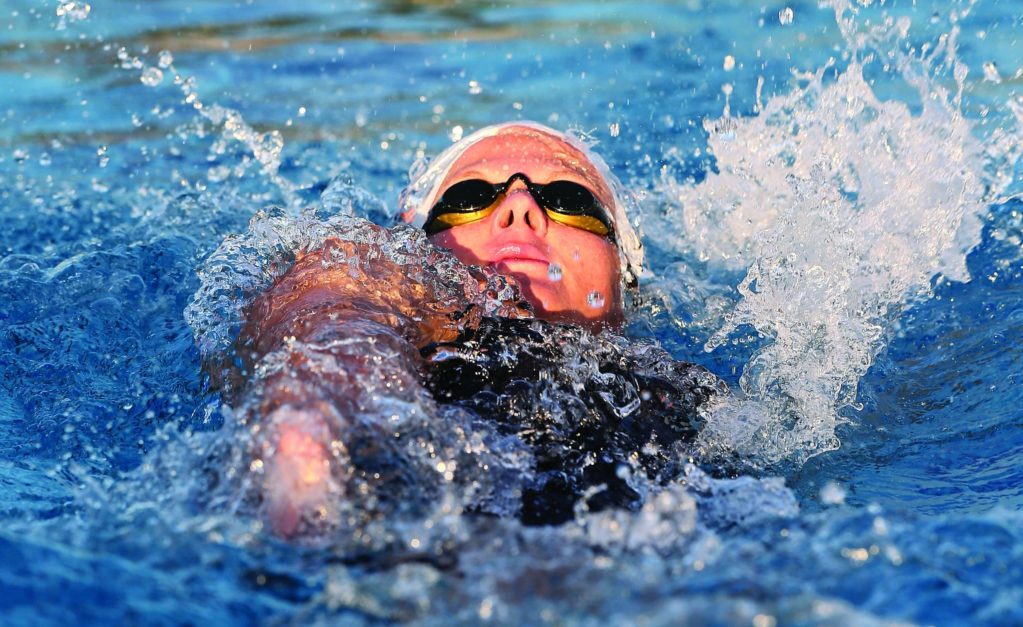In August, 10,500 athletes from 206 countries will be at the Olympic Games in Rio de Janeiro. The Brazilian city will play host to 42 sporting events, including the recently added golf and rugby sevens. Over the past four years I have been preparing for my swimming events. This equates to about 4,500 hours for a one to two-minute race. The Olympics is the biggest sporting event on the planet and hopeful Olympians around the world are in their final leg of preparations.
At this stage, athletes should have their foundations built and be fine tuning their training. There would have been large inconsistencies in previous years because of the many adaptations being made to find the big improvements. These last months should see more consistency as smaller, more refined, changes are made as coaches try and squeeze out every possible improvement in their athletes. As the consistency develops, so too does a strong and stable mind – a strength every Olympian is going to need. Persistent repetition in training will help create this consistency as well as build trust in themselves, which the athlete will need to prevent ‘choking’ – the word used to describe an increase in nerves, self-doubt and negative thinking. To get to this Olympic level there should be zero negativity in the mind of the athlete, coach or any other people surrounding the athlete. This is the responsibility of the athlete and the biblical story of Nehemiah highlights how important this is.
Nehemiah was a cup-bearer to King Artaxerxes. At a time when there were constant fears of plotting and intrigue, serving drinks at the royal table was an esteemed position because of the trust the king places on that person. When Nehemiah learned that the walls of Jerusalem needed rebuilding he asked the king for permission to repair the wall. Nehemiah made it his responsibility. He knew he couldn’t do it alone so he recruited reliable people who shared in the same vision as him. When others found out that they were going to rebuild the walls, Nehemiah and his team were mocked and ridiculed. When their enemies saw that these walls were being built, they set out to attack and destroy their work. However, the people Nehemiah had surrounded himself with prevented these attacks, which meant the walls continued to be built with little interruption.
Nehemiah trusted the people he surrounded himself with and refused to spend time on any issues that deviated from his goal. As important as it was to finish the wall, and as successful as Nehemiah became in doing so, he never undermined his values or integrity. Athletes are constantly faced with pressure from media, coaches, parents, friends as well as their own expectations. I have always surrounded myself by reliable and honest people, but with the Olympics drawing closer many athletes may feel they need to do ‘whatever it takes’ to win, even if that means doping or cheating. As important as winning is, a true athlete’s fundamental principle is to see how far their body can be pushed without cheating – this is the essence of being an Olympian.
Qualifying for the Olympics is a major milestone and the athlete gets to perform at the highest level in their sport. Too many athletes think that when the closing ceremony is performed and the final curtain is drawn their work is complete. But, just as Nehemiah used his success and experience from rebuilding the wall to continue benefiting the people of Jerusalem, it is also our responsibility to share our success and experience with others so they will become stronger and continue the cycle of promoting a better future for others.
